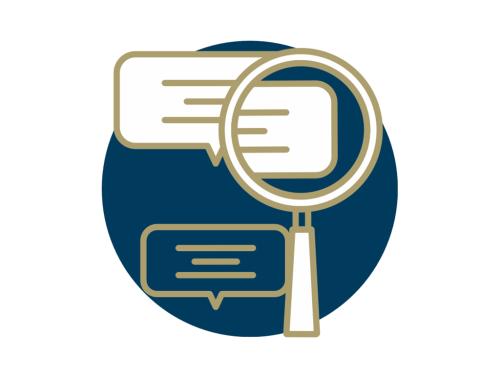2017 Regulatory Year in Review
This Regulatory Insight highlights ten important regulatory and deregulatory themes that garnered attention—and changed the regulatory landscape—in 2017. Regulatory policy was a focal point of 2017, and notable executive orders, rulemaking, and legislation all contributed to this theme.







